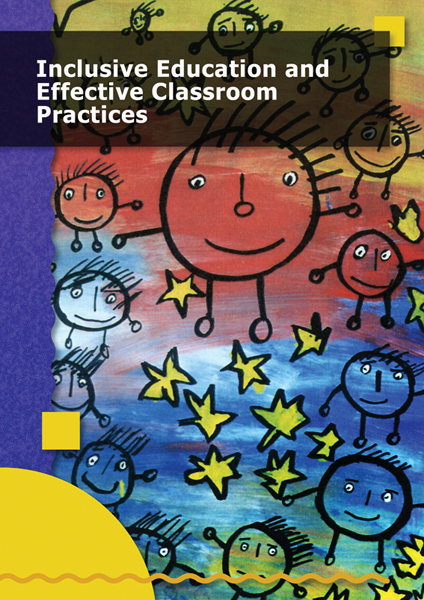This summary report from 2005 presents an overview of the findings of the second phase of the Classroom and School Practice project.
The project focused on revealing, analysing, describing and disseminating classroom practices in inclusive settings in such a way that European teachers can implement them on a wider scale in their classrooms. Furthermore, it addressed decision-makers within the educational system to offer the necessary conditions for teachers to become inclusive.
This second phase of the project looked specifically at inclusive classroom practice in secondary schools.
A number of key questions were addressed, the main ones being:
- How can differences in the classroom be dealt with?
- Which conditions are necessary for dealing with differences in classrooms?
Based on an international literature review, case studies in 14 European countries, expert visits in five countries and various discussions involving experts and the Agency's National Co-ordinators, a number of features regarding the development of inclusive classrooms within secondary schools were identified. These findings could be regarded as possible strategies for improving inclusion within secondary education settings.
The study's main conclusion was that, within the secondary school phase, what is good for learners with special educational needs, is good for all learners.
Download the report in one of 18 Agency languages as a PDF document using the links below.

